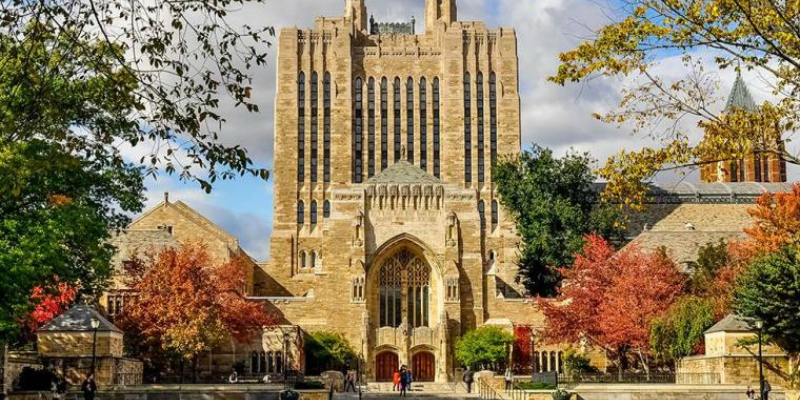Rainer Maria Rilke always relied on the kindness of rich patrons, a veritable Almanach de Gotha of European aristocracy, as Ben Hutchinson, TLS German editor, explains in his review of two biographies of the lyric poet, Manfred Koch’s Rilke: Dichter der Angst and Sandra Richter’s Rainer Maria Rilke oder Das offene Leben. It was as a guest of Prinzessin Marie von Thurn und Taxis in her castle on the Adriatic coast, near Trieste, that the first line of his Duino Elegies came to Rilke in 1912. On the battlements, the winds of the Bora whispered into his ear: “Who, if I were to cry out, would hear me among the angelic / orders?”. His biographers disagree about what inspired the words. For Koch, the sentiment was an expression of sexual frustration, “the river-god of the blood”. Richter, however, detects “a letter announcing the failure of his divorce”. The Elegies were completed in the tower of Muzot in Switzerland, rented for him by another rich patron, Werner Reinhart. In a letter to his Polish translator, Rilke explained his purpose:
It is our task to imprint this temporary perishable earth into ourselves so deeply, so painfully and passionately, that its essence can rise again, “invisibly”, inside us. We are the bees of the invisible. We wildly collect the honey of the visible, to store it in the great golden hive of the invisible.
Ithell Colquhoun would have welcomed visitations by angels. In 1928 the young painter and writer joined the Quest Society “to explore esoteric traditions, ancient religions and philosophies”. She was eventually purged by the British surrealist group for her association with occult groups. Jennifer Higgie reviews “the most comprehensive exhibition of the artist’s work to date” at Tate St Ives; Toby Lichtig, TLS fiction editor, reads her memoirThe Living Stones and novel Goose of Hermogenes. Higgie puts Colquhoun’s philosophy thus: “She never hesitated in her belief that art, used properly, was a portal to other worlds where anyone could access the knowledge they might need to heal, grow or learn”.
Rilke’s art flourished through patronage; Colquhoun benefited from a family trust fund. In his review of Patrick Maguire and Gabriel Pogrund’s Get In, Sam Freedman writes about that spawn of political patronage, “the all-purpose guru who is responsible for the government’s wider philosophy”. Boris Johnson’s éminence grise, Dominic Cummings, was the first of these advisers to see himself as the real number one, and now Sir Keir Starmer’s chief of staff, Morgan McSweeney, is reckoned to be the most important person in British politics.
The post In this week’s TLS appeared first on TLS.

 By Times Literary Supplement | Created at 2025-03-27 15:13:02 | Updated at 2025-04-03 09:34:22
1 week ago
By Times Literary Supplement | Created at 2025-03-27 15:13:02 | Updated at 2025-04-03 09:34:22
1 week ago






